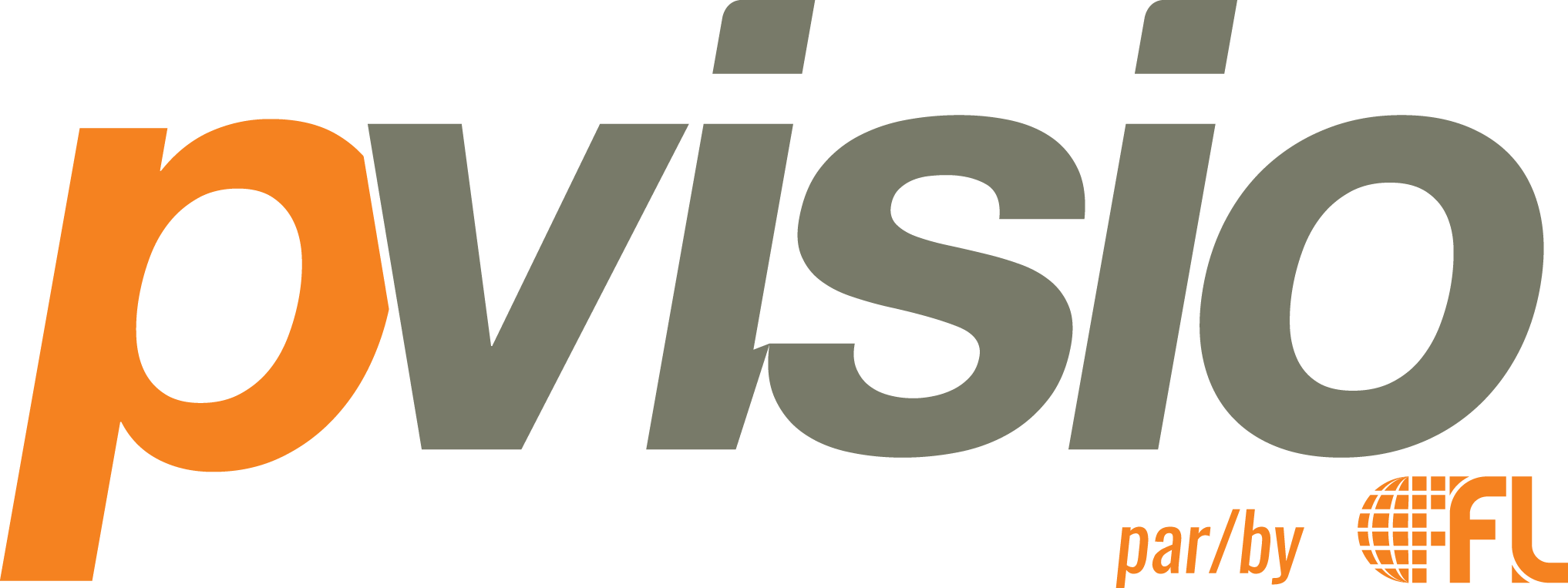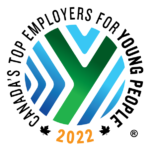As a Manager, you always look to attract a skilled workforce, and once found it you definitely need to retain it. Employees are an essential resource to achieve organizational objectives and success, and so employee recognition has become a fundamental practice to facilitate the mobilization of star performers.
Employee recognition increases motivation and consequently enhances employee engagement. Employees who feel recognized and appreciated for their work will be encouraged to develop their abilities in order to meet new professional goals. Moreover, by stimulating motivation, employees will align themselves with the organization’s vision and consequently contribute more towards its success. Here are some examples of monetary and non-monetary recognition that you can apply in your business:
Monetary Recognition:
- Invitation to lunch
- Gift from their favourite store
- Additional days off
- Gift package for a family outing or getaway
- Tickets to a movie, concert, sporting event, or other entertainment
- Registration to a course related to their field or not
Non-monetary Recognition:
- Verbal thank you or encouragement (in private or in public)
- Hand-written thank you note
- Assignment to a special project
- Recommendation on LinkedIn
- Involvement in certain business decisions
- Regular feedback on their performance
To manage a successful recognition practice in your business you need to institute it within the culture manifested by the entire management team. But be careful! Managers must try as much as possible to tailor the monetary and non-monetary rewards for the employee in question. For example, avoid giving a challenging special project to an employee who already has enough on their plate. By the same token, tickets to a sporting event would likely only interest sports fans.
Our hope is that with these tips you can already begin using employee recognition to obtain gratifying and enriching results for both your employees and organization!
HR Connection – Winter 2014
Ask an HR Expert – Conflicts in the Workplace
Flexible Work Arrangements: An Essential HR Consideration
If you wish to print this issue, you can download the PDF here.



